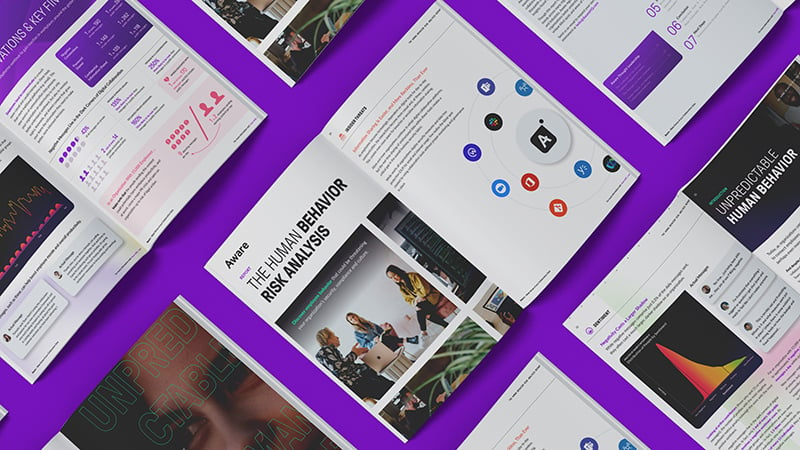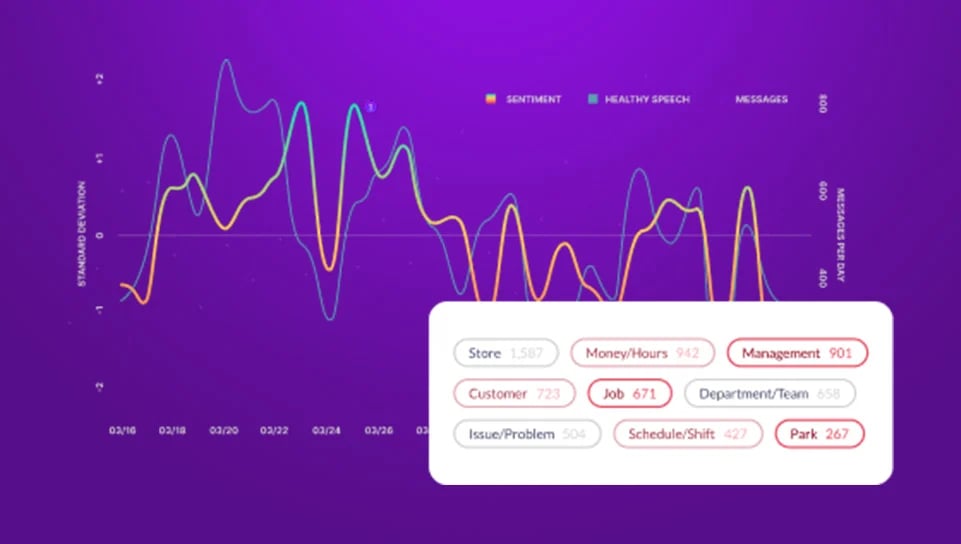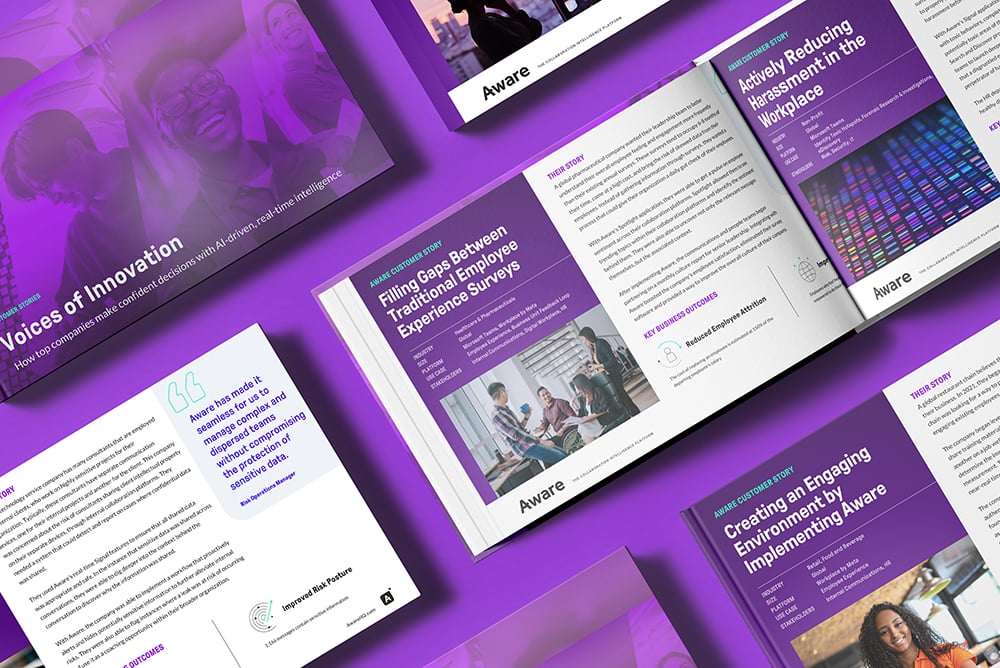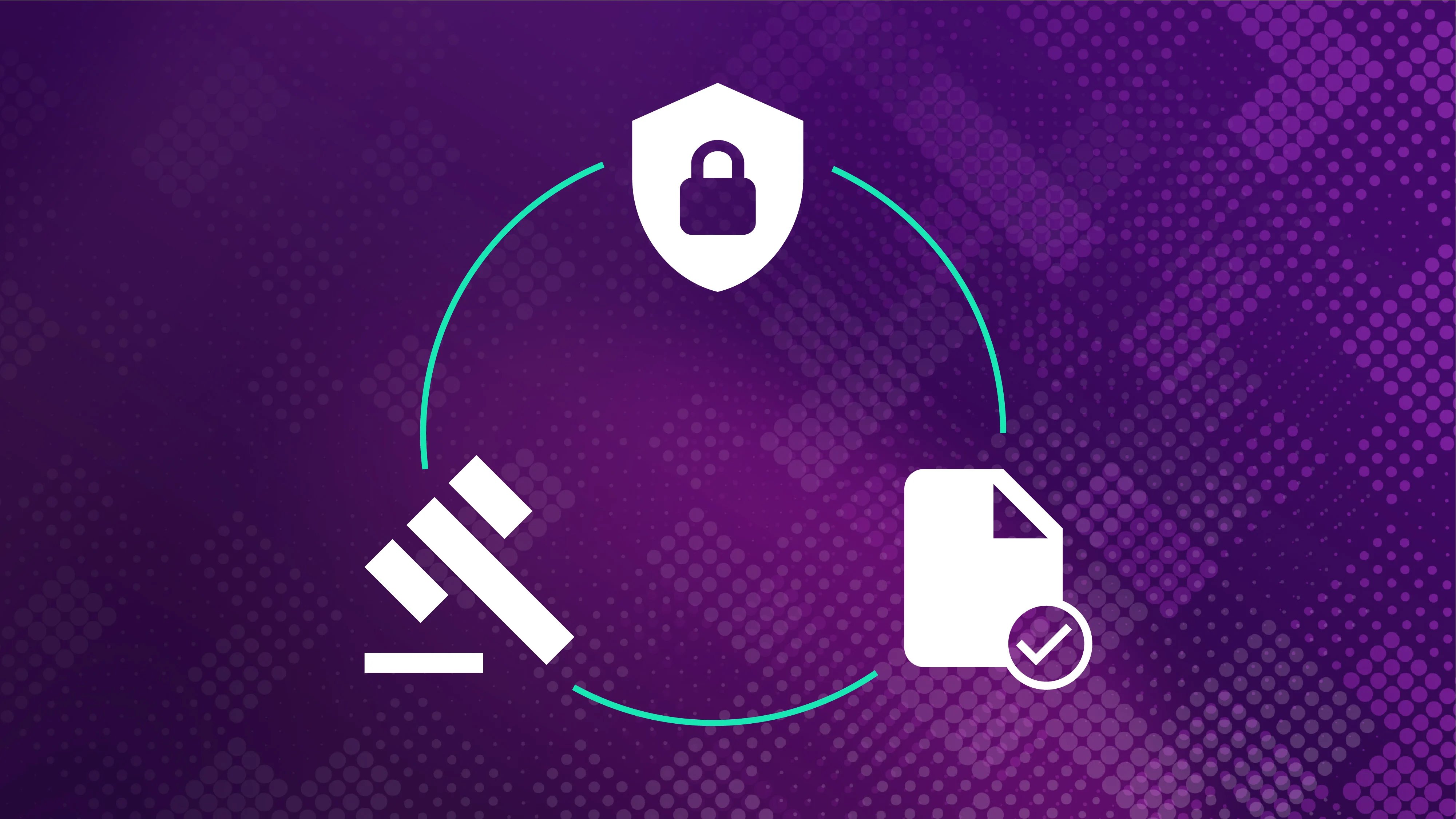AWARE FOR FORENSICS
Expedite forensic research and investigations
Efficiently conduct internal or compliance investigations across digital conversation datasets.
Get to context and find the source faster with intelligent search across all collaboration conversations in one, centralized platform.
Find Data Quickly
Speed up labor-intensive searching and review with a discovery solution built for collaboration.
Investigate with Confidence
Contextualized results answer the who, what, where, when, how, and why of investigations from one easy-to-use dashboard.
Detect and Contain Quickly
Get to context quickly with real-time ingestion of data into one central platform.
What can you do with Aware?
Reduce time to context to minutes, not days
Aware’s industry-leading AI-powered federated search makes your entire collaboration ecosystem available and searchable, giving you immediate access to all your data and reducing time to context and containment from weeks and days to just hours and minutes.
Find the smoking gun with smart refinements
Reduce the burden of investigations into large-scale datasets with intelligent collection that starts with custodian, keyword, channel, and more, then further enhance results with collaboration-specific filters, including AI-infused sentiment and toxicity analysis and code detection.
Ensure investigations include all the facts
Aware gives you the confidence you need in your investigations by providing complete, contextualized insight into collaboration conversations.
Purpose-built Forensic Solutions for Collaboration Environments
Conduct faster, smarter investigations with more accurate and complete results from a platform purpose-built for the nuances of collaboration data. Aware provides an easily searchable record of messages, edits, and deletions from a centralized platform powered by intelligent federated search.
SEARCH & DISCOVER
Quickly pinpoint critical data across all collaboration tools simultaneously with smart, contextualized results that ensure more accurate and efficient investigations.
- Search across all collaboration tools by multiple parameters
- Refine searches with robust filters
- Get the results and the context to understand the full situation
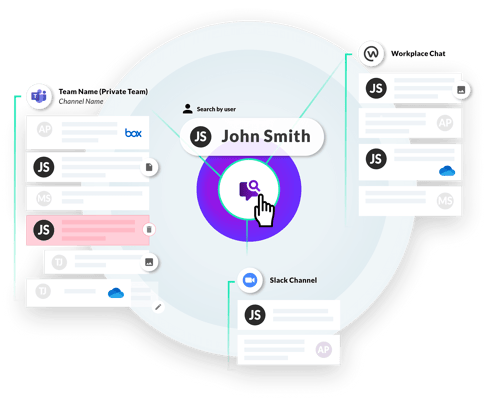
RESOURCES
See how Aware can help you achieve value proposition or pain point

WHITEPAPER
Collaboration Data Governance
5 best practices for managing the risks of the digital workforce.

Whitepaper
Risk Management in Slack: What the Modern Company Needs to Know
Aware puts you in control of your Slack data.
Frequently asked questions
What are collaboration tools?
Collaboration tools are applications used to help people communicate and work together effectively. Some of the most popular collaboration tools include Slack, Microsoft Teams, Webex by Cisco, Zoom Team Chat, Google Drive, and Workplace from Meta. These tools often support multiple ways of communicating, including instant messaging, video and audio chat, and file sharing. They also usually support non-linear content structures such as private and group chats and direct messages, and nonstandard characters like gifs and emojis.
What is forensic research and investigation?
Forensic search is a process that involves the use of forensic techniques to search conversations and collect electronic data that may be used as evidence in internal or external investigations. The process of conducting forensic research and investigations begins with identifying the electronic data that may be relevant, usually based on custodian, data, location, and data type. Within collaboration datasets, this data has historically proven difficult to access, but Aware’s automated search functionality brings forensic research to conversations in Slack, Teams, Zoom, and more.
.What is federated search?
Organizations use federated search to investigate multiple databases or sources simultaneously and present the results from a single pane of glass. Federated search is particularly useful when searching lots of data or information stored in multiple databases. As over 90% of organizations use at least two collaboration tools (Slack, Teams, Zoom, etc.), federated search from Aware enables investigations into all locations simultaneously.
What collaboration tools does Aware support for forensic search and investigation?
Aware enables forensic research and investigations into collaboration data from all major tools, including Slack, Microsoft Teams, Webex by Cisco, Zoom Team Chat, Google Drive, Workplace from Meta and more. The Aware Context API further enables developer teams to connect internal collaboration tools to Aware’s intelligent data fabric, providing the same industry-leading insights and analysis to almost any conversation dataset.
Can employers search Slack or other collaboration conversations?
As an employee, your Slack messages are accessible and searchable to some users depending on the settings imposed by workspace owners. In general, messages posted in public channels are visible to anybody within the workspace. The messages you send in private groups are only visible to other group members, and direct messages are only visible to the people immediately involved. Workspace admins are exempted from these rules and can gain full visibility into all messages sent within their Slack environment. Free Slack accounts require the admins to contact Slack to retrieve copies of sent messages. Slack Enterprise Grid accounts can use advanced controls or third-party integrations to manage Slack messages.
Similar rules and restrictions exist for other workplace collaboration tools, such as Teams, Zoom, and Webex. In general, employers only search Slack and other collaboration messages to protect the company from unauthorized information sharing or to address complaints of bullying and harassment in the workplace. It is always a good practice to use discretion and common sense when communicating in any workplace communication tool, including Slack.
What kind of internal investigations can Aware support in collaboration data?
Aware supports forensic search and investigations into collaboration data for a wide range of use cases. Some of the top reasons our customers use Aware to search conversation data include:
- Compliance violations
- Acceptable Use Policy violations
- Intellectual property protection
- Data loss
- HR investigations
- Early case assessment (ECA)
How does Aware automate search and investigations?
Aware ingests collaboration data from tools like Slack, Teams, and Zoom in real time into its intelligent data fabric. There, messages are normalized, analyzed, and infused with AI insights that reveal the full context while ensuring no details are lost. Legacy data management systems lack this functionality because, unlike Aware, they weren’t built for the nuances of collaboration. Normalizing data from multiple sources enables Aware to conduct automated federated search and investigations with forensic precision from all sources simultaneously and deliver the insights you need without you having to ask.
What sort of sensitive data exists in collaboration datasets?
Business leaders often mistakenly believe there is no sensitive data contained within their collaboration datasets. However, when organizations provide tools for their employees to use, the employees often operate under the belief that those tools are a safe repository for any business-related data. A quick search of conversations in collaboration often reveals a significant amount of sensitive information. This can include:
- Payment card industry (PCI) details such as card numbers, expiration dates, and bank account details
- Protected health information (PHI) like test results, diagnoses, and appointment dates
- Personally identifying information (PII) such as full names, dates of birth, and addresses
- Intellectual property, such as industry research, business plans, and financial reports
- Harassment and toxicity, that can open the business up to discrimination claims and HR lawsuits
Every year, just 5000 employees will generate 30 million collaboration messages. It only takes one message to cost the company millions in fines, penalties, and reputational damage.
How can forensic search from Aware help mitigate risk and maintain compliance in collaboration data?
Collaboration datasets are notoriously difficult to search effectively. Because they contain so many layers of permissions, follow a non-linear structure, and enable non-standard letters and attachments, searching them can be a slow and complicated process. Aware’s forensic research and investigation capabilities make it easier to surface complete, contextual results from collaboration tools. This ensures that unauthorized messages are quickly surfaced and remediated, mitigating risks and improving compliance posture within collaboration datasets.
What other use cases does Aware support in addition to forensic research and investigation?
Aware was purpose-built to make sense of collaboration data and bring the context of human voices at scale from the breakroom to the boardroom. Aware ingests messages in real time from across the entire enterprise, capturing a complete record of all interactions, including revisions and deletions. Aware supports all major collaboration tools, including Slack, Microsoft Teams, Webex by Cisco, Zoom Team Chat, Google Drive, Workplace from Meta and more. Aware fulfills a wide range of use cases, including: data loss prevention (DLP), insider risk detection, compliance adherence, eDiscovery, employee experience, toxic hot spot detection, information governance, business feedback loops and key initiative tracking.
